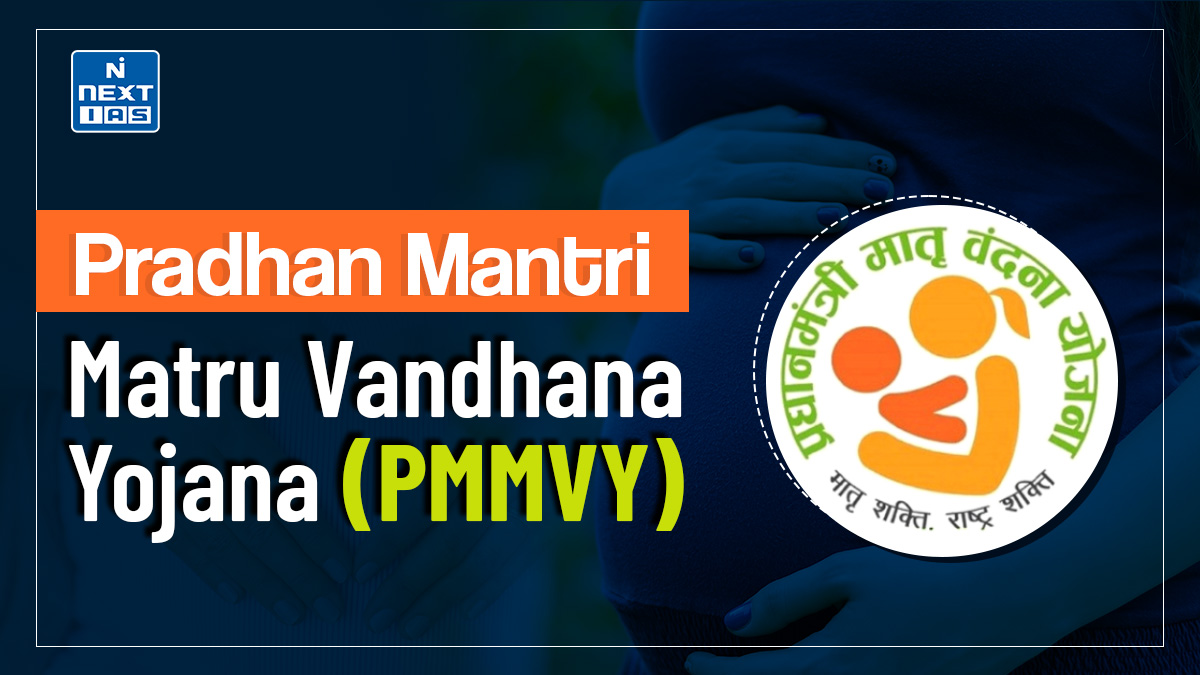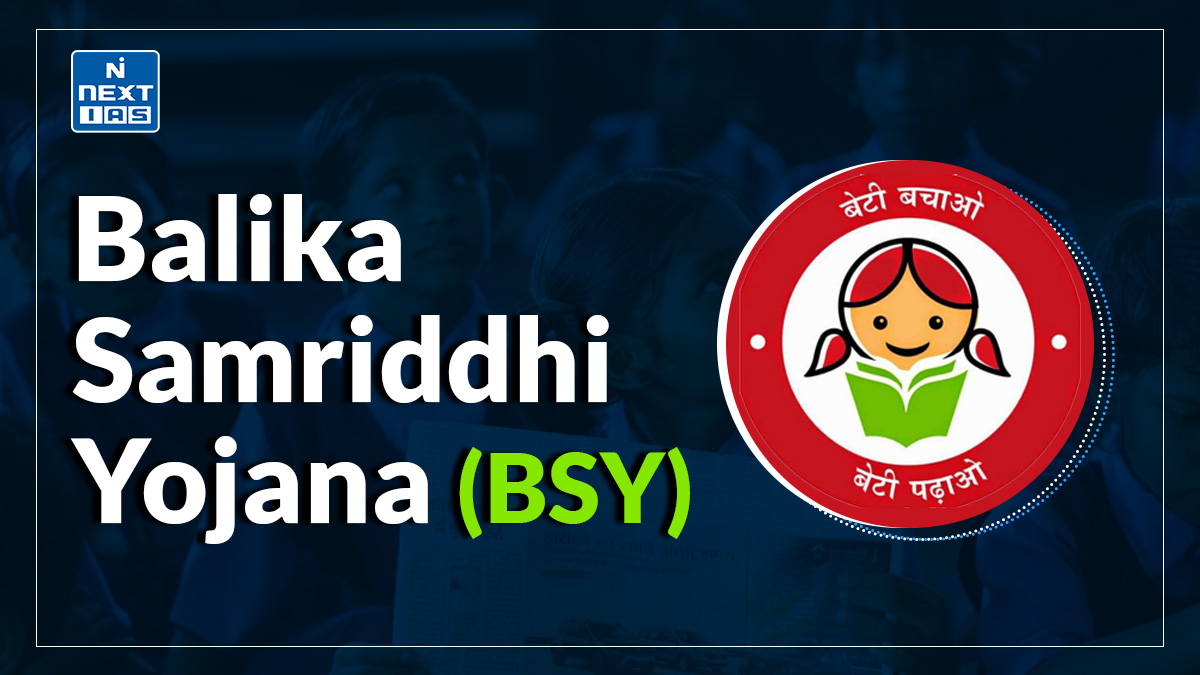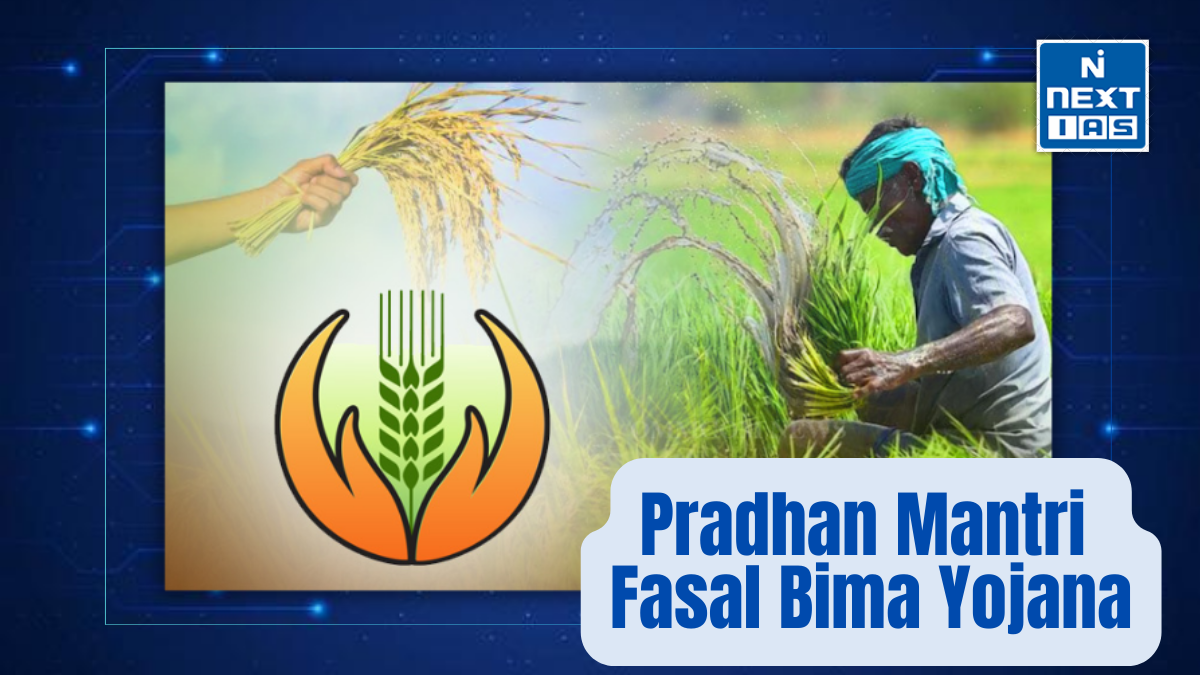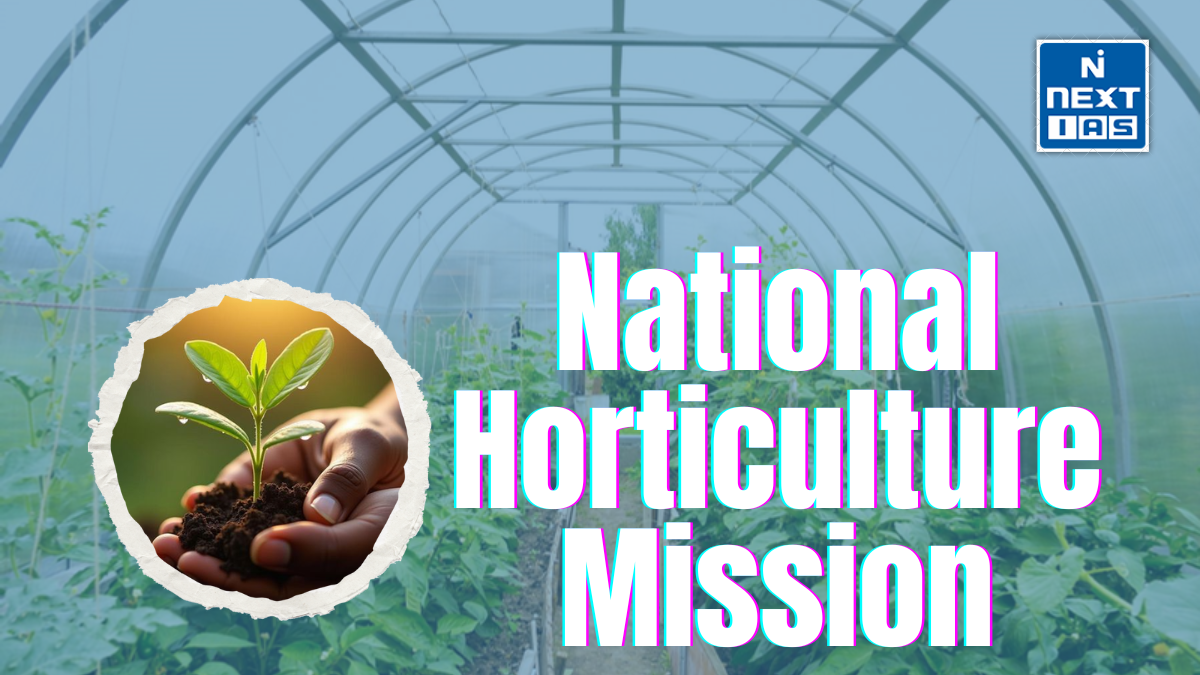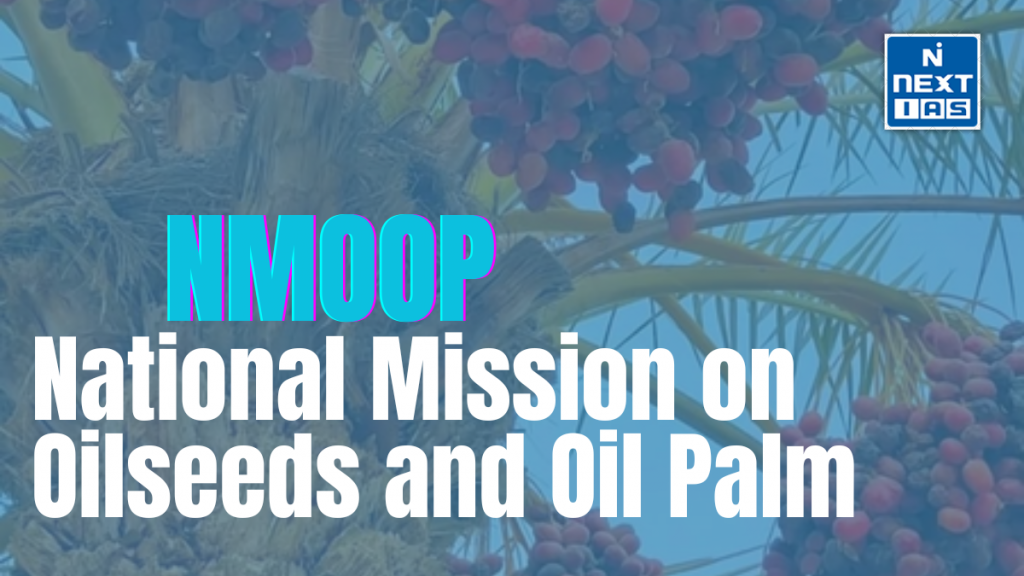
The NMOOP, that is the National Mission on Oilseeds and Oil Palm, has been initiated in the year 2014-15 to increase the oilseed production in the country and make it self-sufficient in edible oil. It envisages an improvement in productivity through better technology and quality seeds along with a strong support to farmers. Focus areas thus include oil palm expansion and domestic edible oil availability.
About the National Mission on Oilseeds and Oil Palm (NMOOP)
- The National Mission on Oilseeds and Oil Palm (NMOOP) launched in 2014–15, was intended to boost domestic oilseed production so that thereby, dependence on edible oils was reduced, and self-sufficiency in edible oils was promoted.
- In the process, the approach adopted by NMOOP was to raise productivity by bringing in improved technology, quality seeds, irrigation, integrated pest management, etc.
- The NMOOP consists of three mini-missions: Min-Mission I (MM-I) focused on oilseeds (groundnut, soybean, rapeseed-mustard, sunflower, etc.), Mini-Mission II (MM-II) intended to expand oil palm plantations, and Mini-Mission III (MM-III) comprised tree-borne oilseeds (neem, mahua, olive, etc.) that would focus on furthering the goals of the first two mini-missions.
- The focus of every mini-mission was to increase area, increase productivity, or to establish oil palm plantations in more suitable areas.
- The NMOOP supported farmers with training, subsidies, research, and extension so as to act as an important critical role in filling the edible oil deficit in the domestic market.
- In 2018-19, NMOOP was merged into National Food Security Mission (NFSM) and the work continues with a focus on addressing edible oil deficit with enhanced oilseed production and self-sufficiency through sustainable agriculture practices.
Features of the National Mission on Oilseeds and Oil Palm (NMOOP)
- Introduced in 2014-15, NMOOP executes the country’s plan for increasing production of oil seeds, growing in production, and minimizing the dependence on edible oil imports.
- The mission, therefore, focused on the promotion of good agricultural practices, enhancement of resources for oil palm plantations, and provision of financial assistance, training, and farmer support.
The major components of the National Mission on Oilseeds and Oil Palm are:
- Three Mini-Missions:
- MM-I: Oilseeds: This aims to increase production of the major oilseeds, which include groundnut, soybean, mustard, sunflower, sesame, and safflower.
- MM-II: Oil Palm: This promotes oil palm cultivation in agro-climatic regions suitable for oil palm development, with input provision, planting material, and extension services.
- MM-III: Tree Borne Oilseeds (TBOs): Tree-borne oilseed production such as neem, maurua, karanja, and olive has been created with a view to supplement edible oil production.
- Productivity Enhancement: High-yielding varieties, hybrid seeds that efficiently manage water, and integrated pest and nutrient management techniques are promoted.
- Area Expansion: Activities include an increase in oilseed crop area, and expanding oil palm in non-traditional territories.
- Financial Support: Subsidies for seed production, agricultural inputs and maintenance, irrigation support, and support for processing infrastructure.
- Research and Development: Research institutions have been strengthened to develop seed varieties better and sustainable farming solutions.
- Post-Harvest and Value Additions: Oilseeds through heightened processing, storage, and value addition would help increase income for farmers.
Objectives of the National Mission on Oilseeds and Oil Palm (NMOOP)
Covering oilseed production, reducing imports of edible oils, and ensuring sustainable practices in farming, began implementation of NMOOP in 2014-15. The Mission was aimed at increasing productivity while expanding the area under cultivation and adequately supporting farmers with both financial and technical assistance.
Main Objectives:
- Increasing Oilseed Production and Yield: Increasing the yield of the major oil seeds which include groundnut, soybean, mustard, sunflower, and sesame through enhanced farming practices.Promote the use of high-yielding and hybrid seed varieties that lead to greater crop output.
- Increasing Area Under Oil Palm and Tree-Borne Oilseeds (TBOs): Encourage oil palm cultivation in agro-climatic areas to enable improvement in domestic edible oil production. Promote TBOs like neem, mahua, karanja, and olive to enhance the availability of edible oil.
- Enhancement of Farmers’ income while reducing dependence on imports: Provision of seeds, fertilizers, irrigation facilities, and processing infrastructure for farmers; to be provided as subsidy.Infrastructure in edible oil production feeding-in reducing India’s dependence on edible oilimport.
- Encourage Sustainable and Efficient Farming Practices: Promote water-use efficiency through micro-irrigation methods.Promote soil health through integrated pest and nutrient management methods.
- Strengthening Research and Development: Support R&D institutions to develop high-yielding, climate-resilient variety seeds. Support technology transfer and related capacity-building programs.
- Following this merger, the remaining objectives towards achieving self-sufficiency in edible oils were undertaken by NFSM-Oilseeds and Oil Palm.
Significance of the National Mission on Oilseeds and Oil Palm (NMOOP)
- The National Mission on Oilseeds and Oil Palm (NMOOP) is a scheme that came into operation in 2014-15 with the aim to contribute to and increase production of edible oils domestically in India, thereby reducing dependency on imports and ensuring agricultural growth in a sustainable manner.
- With the increasing consumption of edible oils in India, an increase in oilseed productivity and area under cultivation, targeted under NMOOP, will contribute to the sustainable substitution of edible oil requirements in India in the present and future.
- Three main contributions of NMOOP are these. Reduction in Edible Oil Imports: India imports approximately 60% of edible oils that it consumes.
- NMOOP has filled the gap in domestically sourced oil of oilseeds and oil palm. With high-yielding seed varieties and improved field-operating techniques, oilseed productivity will increase, thus meeting India’s goals of sustainable food security and reducing expensive imports of edible oils.
- Increased Farmer Incomes and Rural Development: Seed purchase, fertilizer, irrigation, and processing are modules of financial assistance aimed at supporting higher yields and profitability for farmers.
- High-yielding oil palm is another positive income-inducing crop for farmers in oil palm-growing regions that constitute self-sufficiency in cooking oils, where high returns per hectare are realized as compared to other crops.
- Sustainable Agricultural Development: The integrated pest management approach and efficient water use, combined with soil fertility management practice should promote the sustainability of the crop in the long run. Supporting use of TBOs, such as neem and mahua, should allow for wasteland use and provide another chance for kind diversification.
- Research and Development Improves: Refining agricultural research institutions are likely to improve climate resilience and thereby enhance yields of oilseed varieties.
- After 2018-19, NMOOP merged with the National Food Security Mission (NFSM-Oilseeds & Oil Palm) for the continued effort towards self-reliance in edible oils and enhanced agricultural productivity.
Lacunae of the National Mission on Oilseeds and Oil Palm (NMOOP)
National Mission on Oilseeds and Oil Palm (NMOOP) has effectively played its role to a greater extent, boosting domestic oilseed production; however, it faced many challenges and limitations that hindered much potential.
Key lacunae:
- Limited Success in Reducing Import Dependence: The fat that india was still import-dependent on edible oils after all such attempts is evident from the fact that over 55 – 60% of demand was satisfied through imports. Oilseed production never matched the pace of its demand growth, such that self-sufficiency is/ was not achieved much.
- Low Productivity Levels: Oilseed crops suffer constantly low yields in India compared to other world counterparts, because of poor seed quality and poor management practices in the fields, in addition to susceptibility to climate change. Small & marginal farmers often did not adopt high-yielding varieties and modern technology.
- Issues with Expansion of Oil Palm: Oil-palm cultivation has extremely long lead time of approximately 4 -5 years prior to even useful outputs being obtained, and this apparently discouraged farmers. Besides, oil palm reforms were not taken up by farmers due to apprehension about environmental sustainability, sources of deforestation, and high water utilization.
- Poor infrastructure, and the Limited Capacity to Link Markets Further, oilseed farmers in the area of distribution suffered vigilance of oils for medium-large-scale oilseed producers. On the poor connection to market prices, oilseed farmers had fluctuating prices and practices but limited access to MSP (Minimum support price) placed a reluctance for prolonged production.
- Extension Services and other Related Aspects: The farmer who embarked on training was modest on improved agronomic practices regarding efficient use of water and integrated pest management. Most farmers do not have institutional credit, and neither do they have subsidies for government bureaucracies.
Addressing all such gaps is of utmost importance, especially in self-sufficiency in edible oil production as well as in strengthening the oilseed sector of India.
Key Pointers on the National Mission on Oilseeds and Oil Palm (NMOOP) for UPSC CSE Prelims
- The Launch Year was 2014-15, with the Mission’s objective being augmenting the production and productivity of oilseeds and oil palm, reduction of imports of edible oil, and hence attain self-sufficiency. Called the Three Mini-Missions, this comprises:
- Mini-Mission I: Oilseeds- including Groundnut, Soybean, Mustard, Sunflower, and Sesame.
- Mini-Mission II: Expanding Oil Palm cultivation in favorable areas.
- Mini-Mission III: TBOs or Tree Borne Oilseeds like Neem, Mahua, Karanja, and Olive.
Also, the following are the Mission’s objectives:
- High-yielding seed promotion
- Area expansion and productivity enhancement
- Financial support for inputs, irrigation, and establishment and operationalization of processing units
- Research and development support for better seeds
- Post-harvest and value addition support
Importance:
- Reduction in edible oil imports by India
- Increasing farmers’ income through oilseed and oil palm cultivation
- Reducing sustainable farming methods
Challenges:
- Low oilseed productivity as compared to global standards.
- Long gestation period (4-5 years) before the oil palm comes into bearing.
- Consumption of huge quantities of water during oil palm cultivation.
- Poor processing infrastructure and market linkages.
- Merger: NMOOP was merged with the National Food Security Mission (NFSM)- Oilseeds & Oil Palm in 2018-19.
- Importance to India: Aims to make edible oil production self-reliant through sustainable farming methods.
Way Forward
NMOOP should augment its effectiveness in increasing oilseed productivity through improved varieties of seeds; expanded irrigation supports; and environmentally sustainable oil palm cultivation by: developing processing infrastructure, market linkages, MSP coverages, as well as R&D contribution, which would reduce imports and make the country self-sufficient in cooking oil production.
Conclusion
National Mission on Oilseeds and Oil Palm (NMOOP) has helped in raising the oilseed production and lowering imports. All remaining challenges apart, the interventions at hand like NFSM-Oilseeds & Oil Palm will push India towards self-sufficiency in edible oil-the research and technology advances, farmer support, and practices for sustainability will follow.
